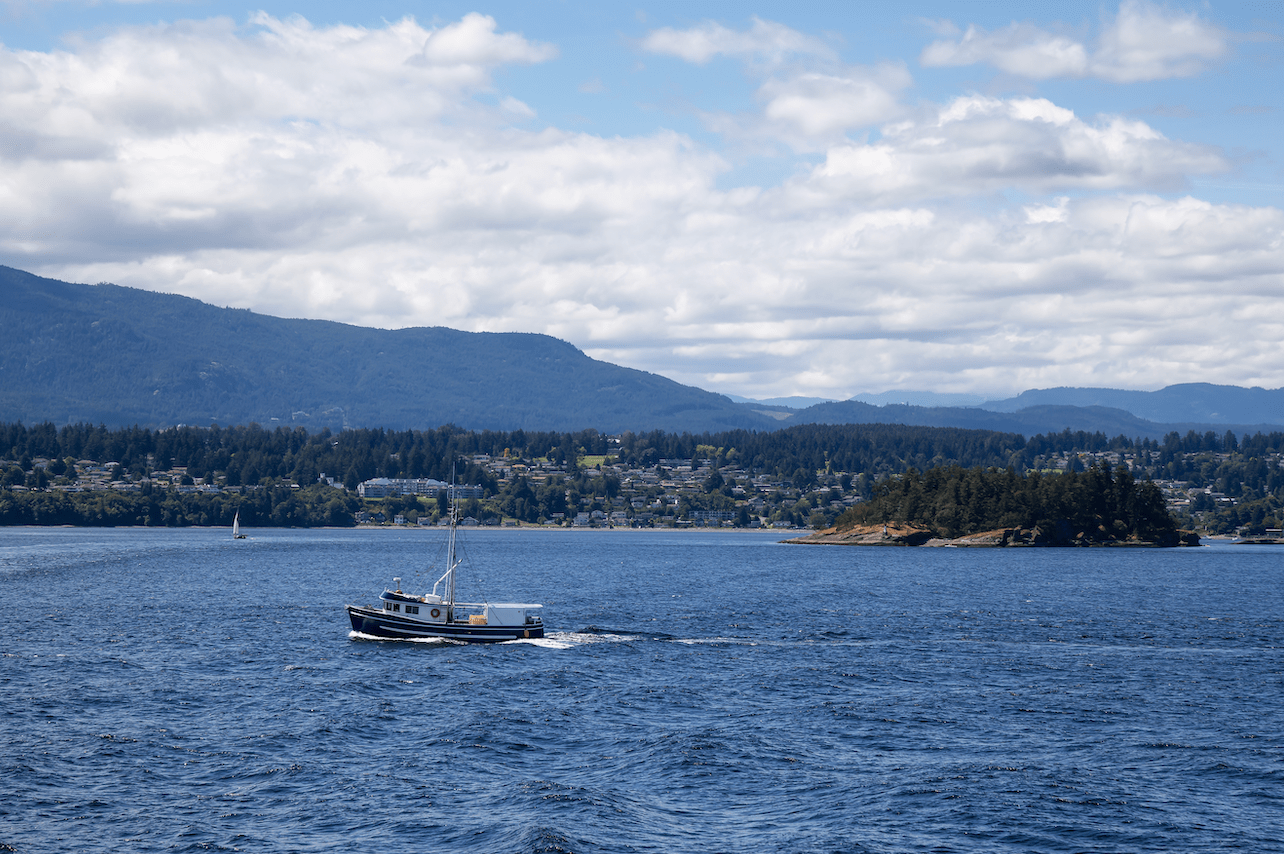NANAIMO – In December 2016, a motion was passed by Nanaimo Council to dissolve the Nanaimo Economic Development Corporation (NEDC), bringing economic development and tourism functions back in house.
Through this transition, a number of changes took place to ensure that both functions continued to operate within the community while providing a higher level of service to residents, businesses, stakeholders, and visitors.
Recently, the City placed its Economic Development department in the Real Estate and Business Development section of Community Development. This placement benefits the Economic Development team by placing them in regular contact with investors, along with staff handling development inquiries and issuing building permits. Bill Corsan, Deputy Director of Community Development, now oversees the Economic Development department.
Bill says a first step in the formation of the new Economic Development section is developing a work plan to recognize the capacity of the section, integrate Economic Development within the municipality, ensure complimentary work with outside partners and set targets and deliverables for the section.
Bill added that the City looks forward to working with the Snuneymuxw First Nation, Nanaimo Airport Authority, Nanaimo Port Authority, Vancouver Island University and the Chamber of Commerce, among other stakeholders, to create an Economic Development Strategy for the City. Staff will be reaching out to key stakeholders in the upcoming weeks by hosting of a series of round table discussions.
Meanwhile, the City of Nanaimo contracted out tourism Destination Marketing services to Tourism Vancouver Island (TVI) beginning February 1, 2017, and the outcomes of this continued strategic investment have proven to be very beneficial.
Dave Petryk, TVI’s President and CEO, said his company has provided Nanaimo destination marketing and development services for almost a year. The company’s goal was to build a collaborative approach with the tourism stakeholders in Nanaimo to increase consumer interest in staying in the City. Petryk said the strong team developed over the past year have exceeded all expectations.
Successes include investment funding from Destination British Columbia totalling $168,000, an increase of $22,000 from 2016-2017; exceeding their stakeholder investment goal by putting an additional $49,000 into the marketplace; and higher than expected revenue from advertising sales in the 2017/2018 Vacation Planner.
Collaboration between stakeholders has also improved with monthly meetings established between key tourism partners such as the Nanaimo Hospitality Association, the Visitor Centre, Vancouver Island Conference Centre, Nanaimo Airport Authority, and the Snuneymuxw First Nation.
The partnership with the Nanaimo Hospitality Association (NHA) has been especially beneficial through the strategic use of MRDT (hotel tax) revenues. These revenues now support a wide range of new and ongoing Destination Marketing, Destination Development, and Destination Management initiatives.
Dan Brady, NHA Chair, describes the outcomes to date as very positive and promising. Dan cites the following successful indicators: an increase in hotel occupancy, room rates and revenue per available room, an increase in the number of passengers travelling on B.C. Ferries and through the Nanaimo Airport.
Through the strategic investment and decisions made over the course of the past year, the City has been able to achieve considerable cost savings. In 2016, the City provided $1.4 million to the NEDC to provide Economic Development and Tourism Services. Going forward, the City anticipates an annual budget of $800,000, while still maintaining continued successes in both the tourism industry and Economic Development department.

